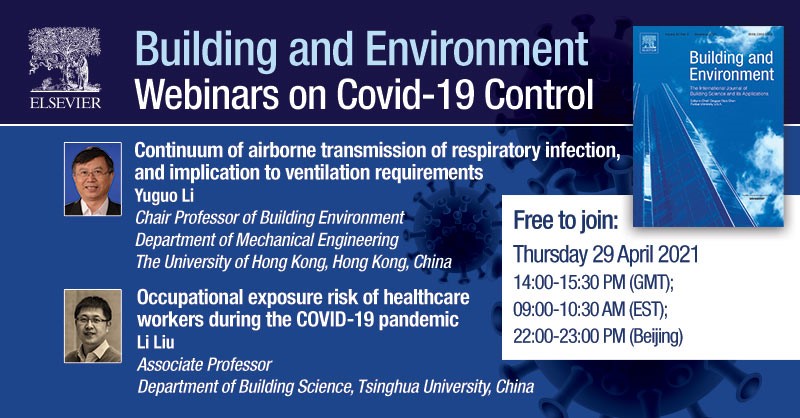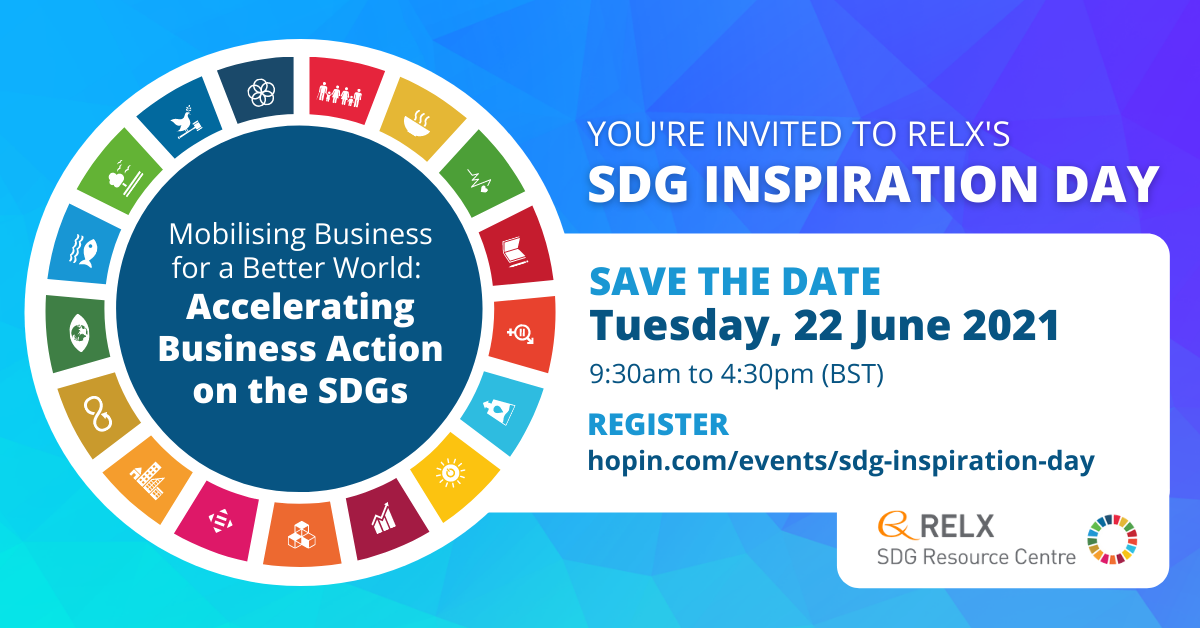Sustainability of Life Cycle Management for Nuclear Cementation-Based Technologies, Woodhead Publishing Series in Energy, 2021, Pages 181-232
Join global leaders at our 2021 SDG Inspiration Day - Mobilising Business for a Better World: Accelerating Business Action on the SDGs.
In 2021, the role for businesses to accelerate the SDG’s is needed now more than ever. This year's SDG Inspiration Day will bring together innovators, thought leaders and sustainability professionals to catalyse business action on the SDGs.
This virtual event is about connections, knowledge sharing and innovation. It is free to attend.
Comparative Biochemistry and Physiology Part - C: Toxicology and Pharmacology, Volume 242, April 2021


